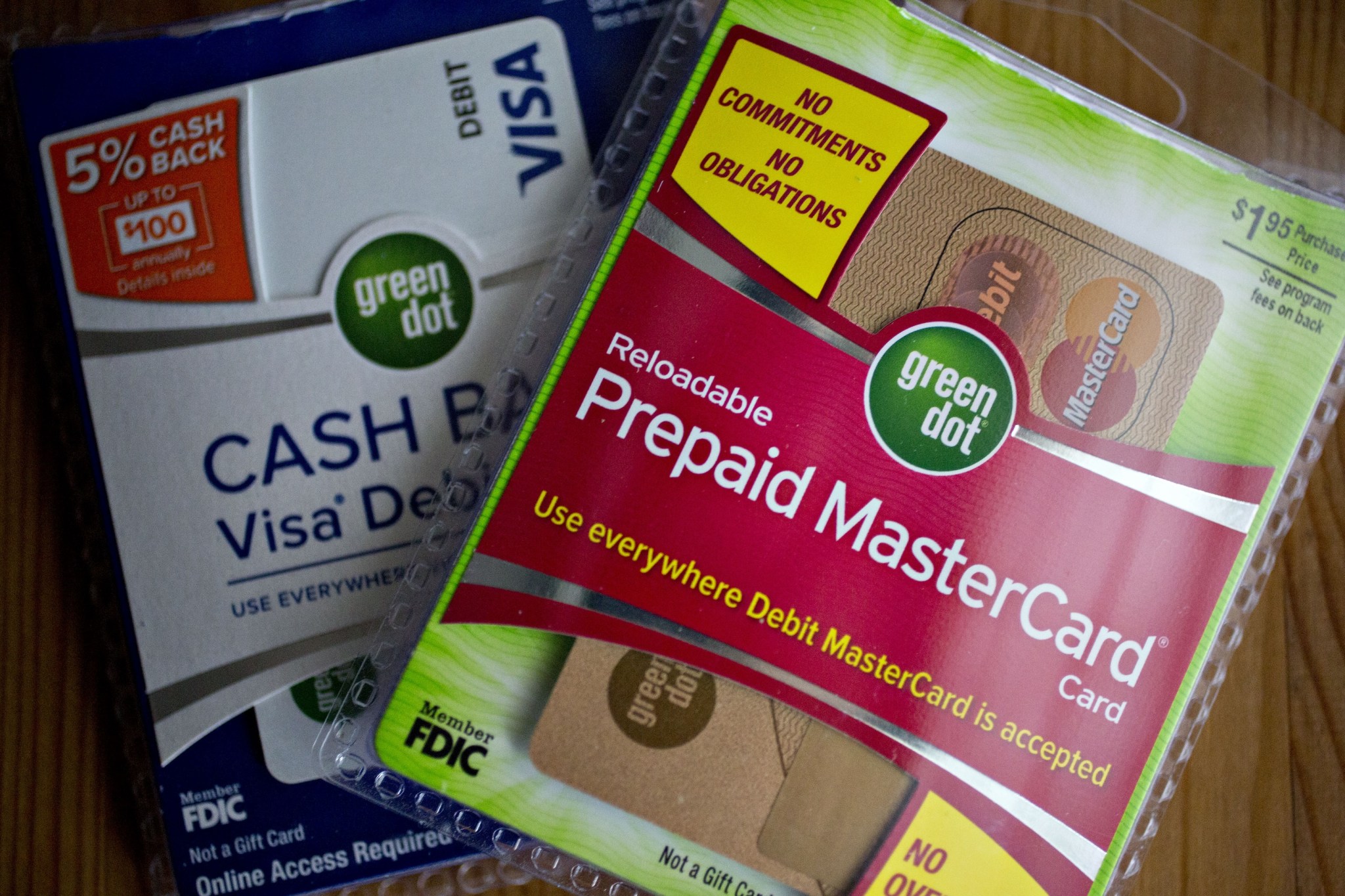A choppy economic climate has resulted in many deals going on pause but that’s not the case for Green Dot, the Utah fintech best known for its prepaid debit cards. First round bids for Green Dot were due last week and the process has attracted private equity firms, according to banking and private equity executives. PE firms are forming consortia that would allow them to buy Green Dot, the people said. Strategics are also involved in the process, they said.
The prospective sale has been complicated, however, because Green Dot owns a bank, while federal law prohibits PE firms from owning more than 24.9% of a bank. As a result, Green Dot could get sold in parts, said the people familiar with the deal, who asked not to be identified so they could speak candidly about negotiations.
PE Consortia aren’t new in bank deals. Last year, Steve Mnuchin’s Liberty Strategic Capital led a group of investors, including Hudson Bay Capital Management and Reverence Capital Partners, to buy 40% of troubled New York Community Bank, which has since rebranded to Flagstar Financial.
News of the sale comes several weeks since Green Dot announced in March that it had hired Citi to launch a process exploring possible strategic alternatives. This usually means a company is considering a sale although Green Dot did not provide further information. The fintech also appointed William Jacobs, who was chair of its board, as interim CEO. George Gresham, who had served as Green Dot’s CEO since 2022, stepped down as president and CEO effective March 7, according to an SEC filing.
Shares of Green Dot have jumped more than 12% since the company announced it would explore strategic alternatives. The stock on Wednesday afternoon traded at $8.05 a share, giving the fintech a $443.1 million market capitalization. Green Dot is scheduled to report first quarter results on Thursday, May 8.
Green Dot and Citi each declined comment.
Founded in 1999, Green Dot offers several different financial products including debit, checking, credit, prepaid, and employer payroll cards. Green Dot Bank has $5.3 billion in assets and provides banking services for Apple Cash, which lets users send each other money. The company also has a long-term relationship with Walmart and is the issuing bank for Walmart Money cards.
Apple and Walmart are Green Dot’s two biggest customers, generating 65% of the fintech’s $1.7 billion revenue in fiscal 2024, according to a March 10 note from Cristopher Kennedy, an equity research analyst at William Blair. Apple produced 50%, or $948 million in revenue, for Green Dot, while Walmart generated 10%, or $171 million, Kennedy wrote in the note.
Green Dot’s bank charter has limited the list of potential buyers for the company, while federal rules that regulate debit interchange fees have likely led to limited interest from larger institutions, Kennedy wrote in the research note. “That said, we believe that potentially lower regulatory burdens on financial institutions under the new administration could drive increased bank consolidation and an improved environment for [banking as a service],” he added.
A fintech buffer?
President Trump announced his “Liberation Day” tariffs on April 2, causing the broad market to plunge and IPOs, which were hoped to return this year, to go on ice. Mergers were also impacted. Many new deals, those transactions that have yet to launch, were put on pause. Some deals that were already in process, like Green Dot, are going forward, bankers said.
“Things aren’t the disaster we feared they were going to be on April 2,” one banker said.
Transactions are expected to take longer, likely six to nine months instead of three to four. Importers, consumer goods companies that sell products like shoes and toys, and manufacturers that are dependent on foreign parts, will likely experience a direct impact from the tariffs. Companies that provide financial software may experience a little bit of buffer initially but that will disappear, bankers said. Many companies will feel “the pinch” when it comes to buying software, they said. “Eventually it will all flow down,” a second banker said.
This story was originally featured on Fortune.com

